Some purchases that felt worth it in your 40s or 50s might not carry the same value after you retire. Retirement spending works better when it supports your everyday needs without extra stress or waste. Focusing on practical things that make life easier can help stretch your savings and keep your home in order.
Here are a few common expenses that start to feel unnecessary once your priorities shift and your routines slow down.
New Kitchen Gadgets
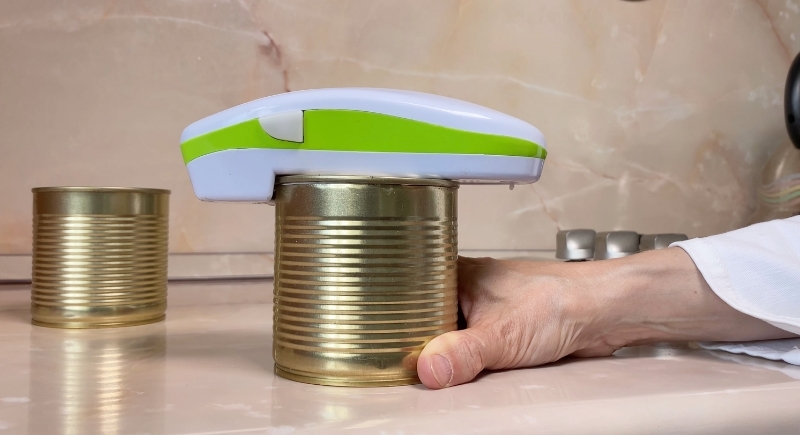
Unless you need them due to a limitation, electric can openers and other single-use tools just take up space. These gadgets burn through batteries, add to the mess, and break down faster than you think. A manual opener with a good grip works better and lasts longer. You don’t need multiple appliances for simple kitchen tasks.
Low-End Cookware
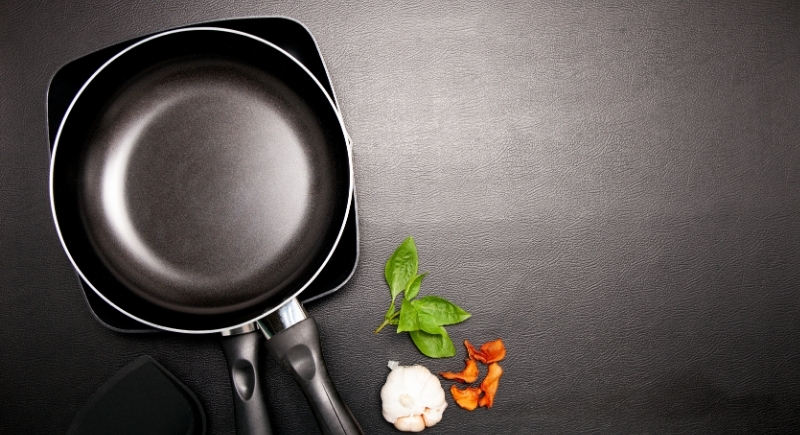
Spending less on cookware might seem like a win at first, but the trade-offs show up soon. Inexpensive pans may heat unevenly, which leads to scorched food and frustration. Their handles can loosen or break, especially when the pan is full and hot. As time passes, the need to replace these items grows.
Extra Furniture
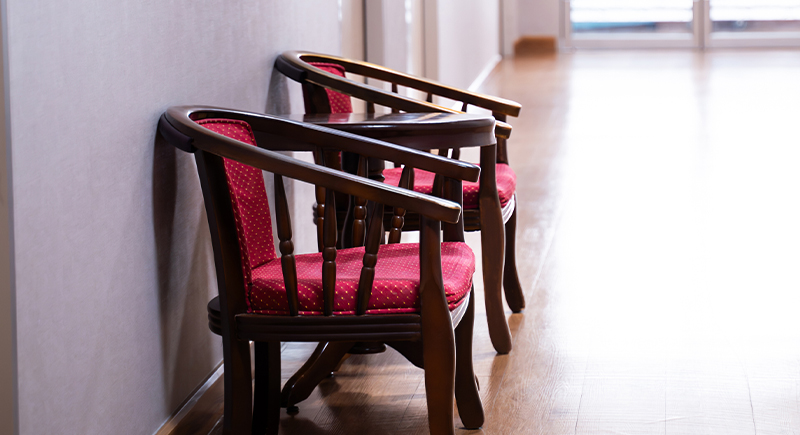
Several people keep extra furniture without realizing how little it’s used. Extra chairs, tables, or decorative items crowd hallways and reduce mobility. This clutter can create hazards, especially if walking or balance becomes a concern. Tight corners and narrow walkways make that worse.
Old Collections

Holding onto a collection of books, figurines, or memorabilia can feel meaningful, especially when it reflects years of interest. But if it hasn’t grown or been appreciated in a while, it may have outlived its role in your daily life. Local museums, libraries, or collectors welcome such items.
Constant Tech Upgrades

Technology changes rapidly, and keeping up can feel overwhelming, especially when each update brings new layouts, settings, or apps to learn. For numerous older adults, that constant change causes stress. Get a reliable, easy-to-use device that can meet all the basic needs like calling, texting, and browsing, without the complexity.
Buying Books

Instead of spending $15 to $30 per book, use your local library. A large number of them offer digital loans through apps, and borrowing supports authors, too. Libraries base their purchases on what people borrow, not what gets donated. That makes it easy to keep up with popular titles without spending anything.
Processed Snack Foods
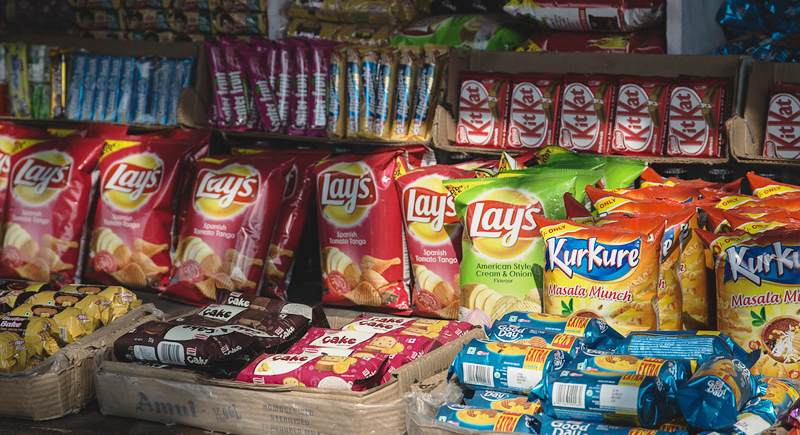
Eating processed snacks regularly can take a toll on how you feel day to day. Many of these foods are high in sugar, salt, and additives that can lead to bloating, fatigue, or unwanted weight changes over time. They offer little nutritional value and leave you hungry again soon after.
New Cars

New vehicles lose value quickly, especially after leaving the dealership. If you’re not commuting or putting on serious miles, you likely don’t need one. A dependable used car will handle appointments, errands, and weekend trips just fine. You can also avoid high monthly payments and inflated insurance premiums.
Frequent Restaurant Meals

Meal delivery services offer a practical alternative if you’d rather not cook but want to avoid eating out constantly. They’re usually more affordable than restaurant meals and can be customized to suit dietary needs. In the U.S., a single restaurant outing can easily cost $20 to $30 per person. When this becomes a regular habit, it eats into retirement savings.
Warehouse Club Memberships
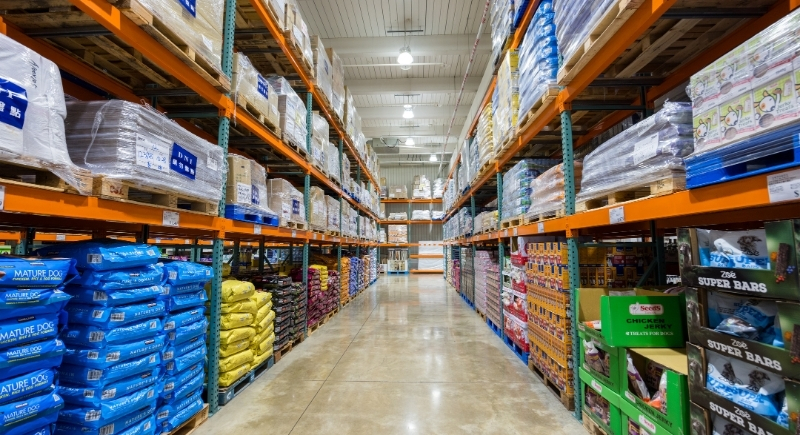
Paying for bulk deals makes sense when you’re feeding a full house. But if you’re only shopping for one or two people now, you probably don’t need a 20-pack of paper towels or a gallon of mustard. Those big savings disappear when food goes stale or items sit unused. Shopping locally in smaller quantities helps reduce waste and prevents overbuying.
Uncomfortable Clothes

We don’t hesitate to prioritize comfort when buying clothes for children, and look for soft fabrics and easy fits. That same mindset works well later in life. Clothes that pinch, scratch, or require effort to fasten often get ignored in the closet.
Upsizing Homes
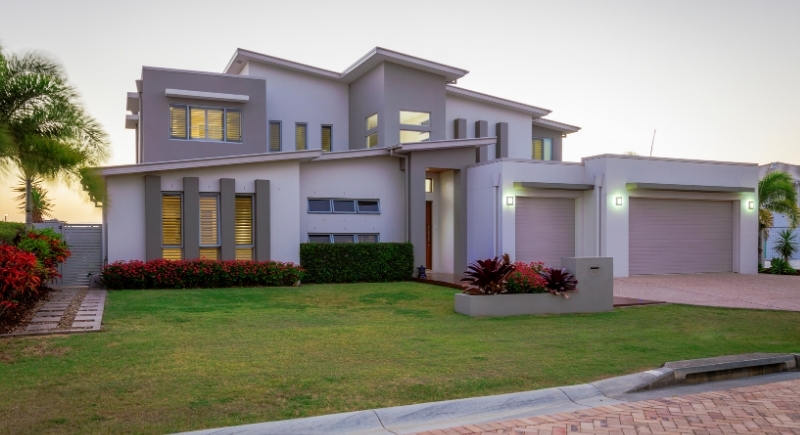
Various individuals see retirement as a chance to upgrade their living space. But greater square footage means a higher quantity of rooms to clean, systems to maintain, and higher utility bills. If you’re not using the extra room, it’s money and energy wasted. Bigger isn’t always better when it comes to homeownership.
Seasonal Decorations

Grandchildren visiting during the holidays bring out the urge to make everything feel special. Decorations help set the mood, but several only see the light of day for a few weeks. Rather than buying new ones every season, keeping a small set of reusable decorations works better.
High-Maintenance Flooring

While high-end flooring like marble or light-colored carpet might look impressive, it brings more upkeep than convenience. These surfaces stain easily, show wear right away, and tend to require special cleaning methods or equipment. That means longer hours spent maintaining them or wasting money hiring someone else to do it.
Storage Containers
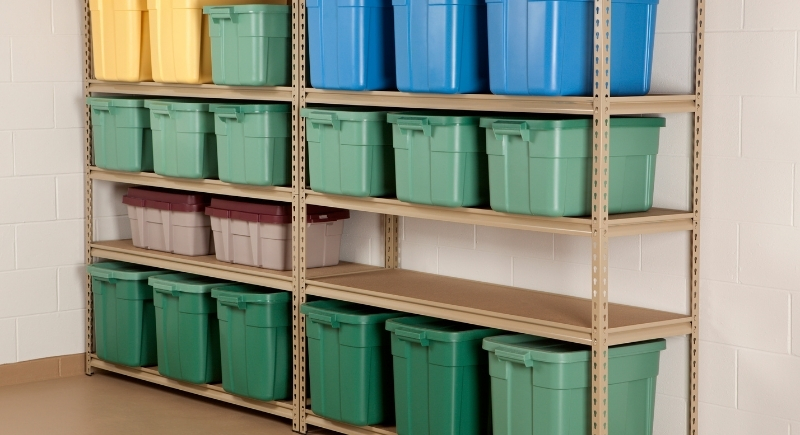
Decluttering is one of the simplest ways to bring order to a home. It helps clear the area, reduce stress, and make daily routines easier. The problem comes when people try to organize the chaos instead of removing it. Storage bins and boxes simply shift the mess from one spot to another.
Premium Gym Memberships
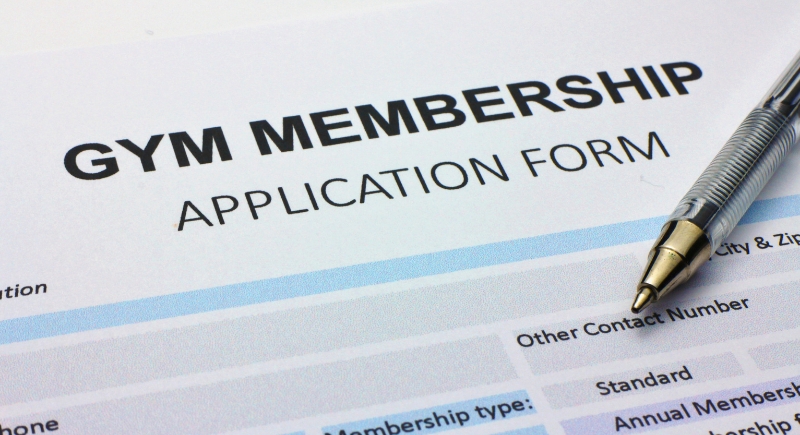
Premium gym memberships often come with high monthly fees, fancy amenities, and classes you might never use. Staying active after retirement is important, but you can achieve that with walking groups, community centers, or at-home workouts. Spending $100 to $200 per month on a luxury gym cuts into funds better spent on hobbies or travel.
Multiple Streaming Services
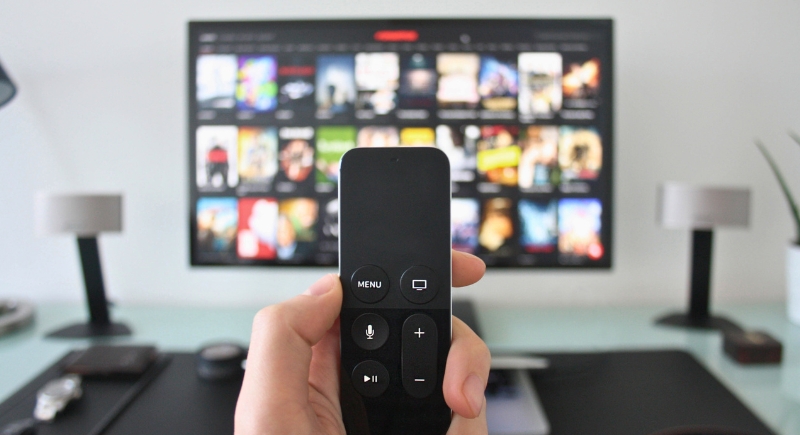
Multiple streaming services can quickly add up, draining money without much thought. Subscriptions might seem cheap at $10 to $20 each, but having several at once means paying $50 or more every month. Choosing one or two favorites is the best way to keep entertainment costs low and leave more cash for experiences or grandkids.